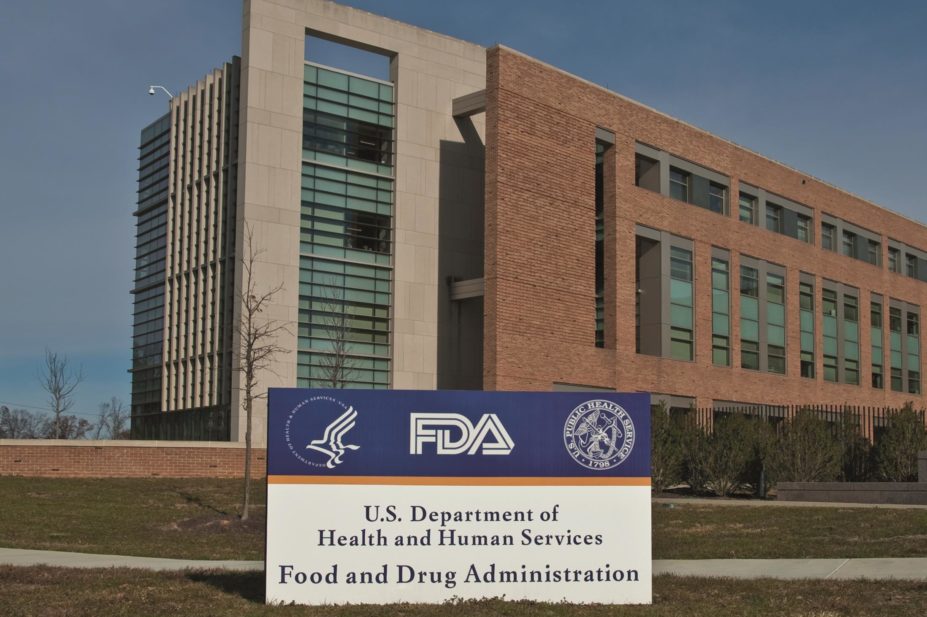
FDA
The US Food and Drug Administration (FDA) has approved the first cancer treatment for use against tumours with a common biomarker regardless of where in the body the tumour originated.
Keytruda (pembrolizumab) received an accelerated approval from the FDA and can now be used for the treatment of adult and paediatric patients with unresectable or metastatic solid tumours with the microsatellite instability-high (MSI-H) or mismatch repair deficient (dMMR) biomarker. This indication covers patients with solid tumours that have progressed following prior treatment and who have no satisfactory alternative treatment options, and patients with colorectal cancer that has progressed following treatment with certain chemotherapy drugs.
Tumours with MSI-H or dMMR biomarkers are most commonly found in colorectal, endometrial and gastrointestinal cancers, but may also appear in tumours of the breast, prostate, bladder and thyroid gland. Approximately 5% of patients with metastatic colorectal cancer have MSI-H or dMMR tumors.
Keytruda belongs to a class of drugs called PD-1 or PD-L1 inhibitors. The FDA previously approved Keytruda for the treatment of some patients with metastatic melanoma, metastatic non-small cell lung cancer, recurrent or metastatic head and neck cancer, refractory classical Hodgkin lymphoma, and urothelial carcinoma.
Richard Pazdur, acting director of the Office of Hematology and Oncology Products in the FDA’s Center for Drug Evaluation and Research and director of the FDA’s Oncology Center of Excellence, says: “This is an important first for the cancer community. Until now, the FDA has approved cancer treatments based on where in the body the cancer started — for example, lung or breast cancers. We have now approved a drug based on a tumour’s biomarker without regard to the tumour’s original location.”
The safety and efficacy of Keytruda in 149 patients with MSI-H or dMMR solid tumours was studied in five uncontrolled, single-arm clinical trials. A total of 15 cancer types were identified among 149 patients in the trials, and 39.6% of these patients experienced complete or partial shrinkage of their tumours. In 78% of cases this response lasted at least 6 months.


